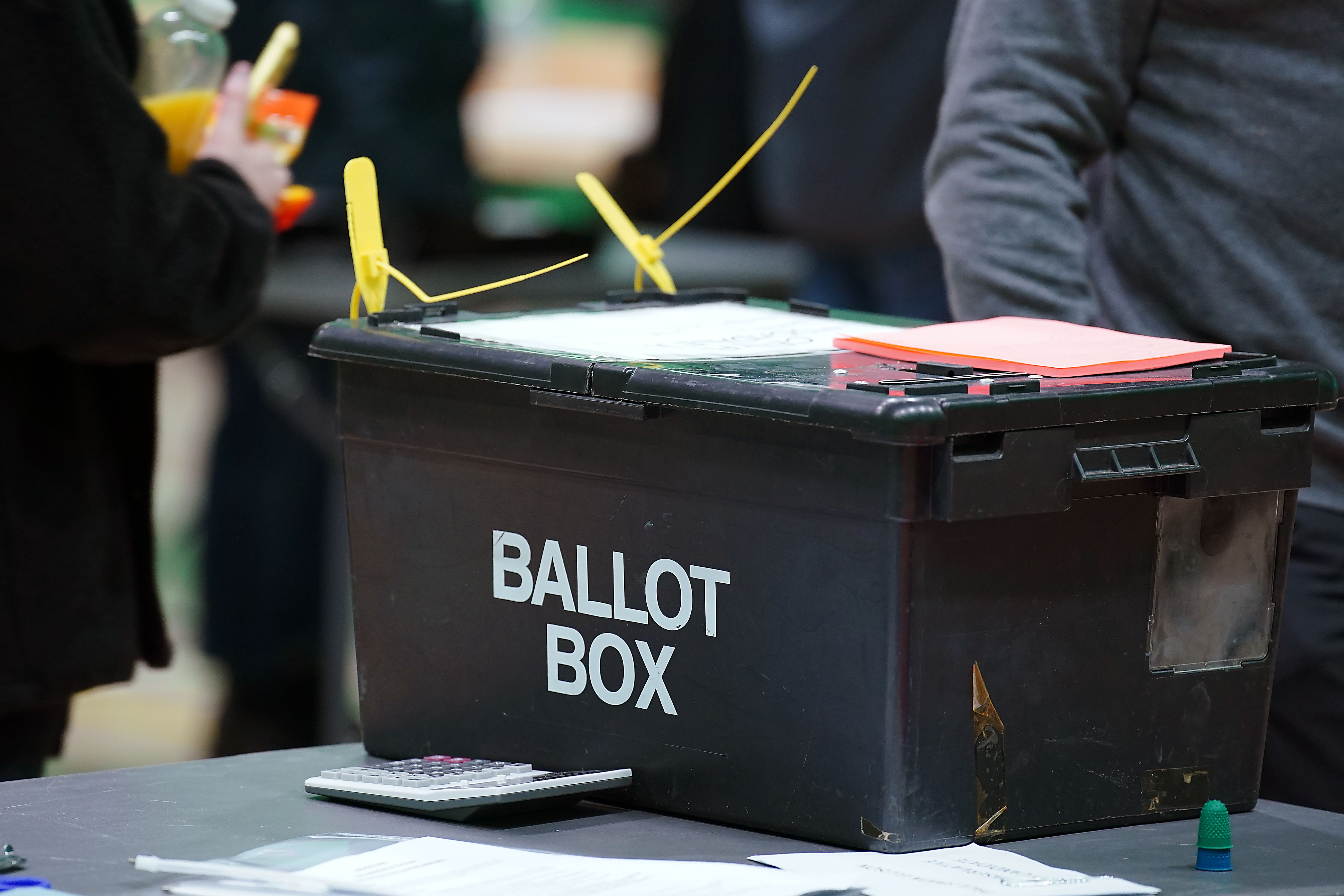Officials ‘doing all we can’ amid delays in people receiving postal votes
Two councils in Scotland took the unusual step of setting up emergency centres where residents who have yet to receive a ballot can have one reissued.

Officials in Scotland have said they are doing “all we can” to ensure every voter can take part in the General Election amid delays in people receiving their postal votes.
Scottish First Minister John Swinney said on Friday that he was worried some Scots would be “disenfranchised” by delays due to school holidays beginning north of the border.
Two councils – Edinburgh City Council and Fife Council – took the unusual step of setting up emergency centres where residents who have yet to receive their ballot can have one reissued, or can even cast their vote ahead of July 4.
Chris Highcock, secretary of the Electoral Management Board for Scotland, said the number of postal voters had increased “significantly” in recent years.
We want to make sure that everyone can take part in an election if they're entitled to vote
He told BBC Radio 4’s Today programme: “I think the first thing we have to say is that the logistical timetable that we have to operate to for any UK election is already very tight. That’s been exacerbated in Scotland at this time, as many families have planned to be away on holiday.
“All materials are prepared in secure print facilities, they have to be then transported to the voter.
“The timetable is such that we’re only able to prepare ballot papers once we know who’s going to be on the ballot paper for UK elections.
“We’re doing all we can to ensure that every voter that’s entitled to vote in this election is able to take part – councils right across Scotland, and indeed the UK are taking measures to make sure that if any postal votes haven’t been received, voters can collect replacement ballot papers and make sure that they can have their say in this important election.
“We want to make sure that everyone can take part in an election if they’re entitled to vote, but also it’s very important that elections are secure, so that people can trust the results.
“There’s lots of integrity controls around elections. So therefore we’ve got to follow the law that applies for the election.”
In Scotland, 20% of all voters are now postal voters - that has grown significantly in the last few years
He said materials were “produced under secure conditions” and that “staff have been working very hard right across the UK” since the election was called.
Mr Highcock, who is also returning officer for the City of Edinburgh Council, added: “In Scotland, 20% of all voters are now postal voters – that has grown significantly in the last few years.
“In 2019 in Edinburgh, we had just over 72,000 postal voters, we’ve now got 103,000. That’s a 42% increase in that time.”
Glasgow City Council said that voters who applied for a postal vote after 5pm on June 7 but before June 19 could expect ballots to arrive on Saturday after “assurances by Royal Mail”, with 7,619 people in that category.
A statement said: “If a pack has not arrived by Monday, we will issue a replacement from our election office.”
Almost 80,000 postal voting packs have been issued in Scotland’s largest city, more than a third of which have already been completed and returned, according to the council.
A spokesperson for Glasgow City Council said: “At any election, a small proportion of people experience problems with their postal vote. Where there has been an error or an issue with delivery, we are usually able to provide a replacement ballot.
“Of the nearly 80,000 postal votes in the city, we have been asked to issue 170 replacements.”
Bookmark popover
Removed from bookmarks